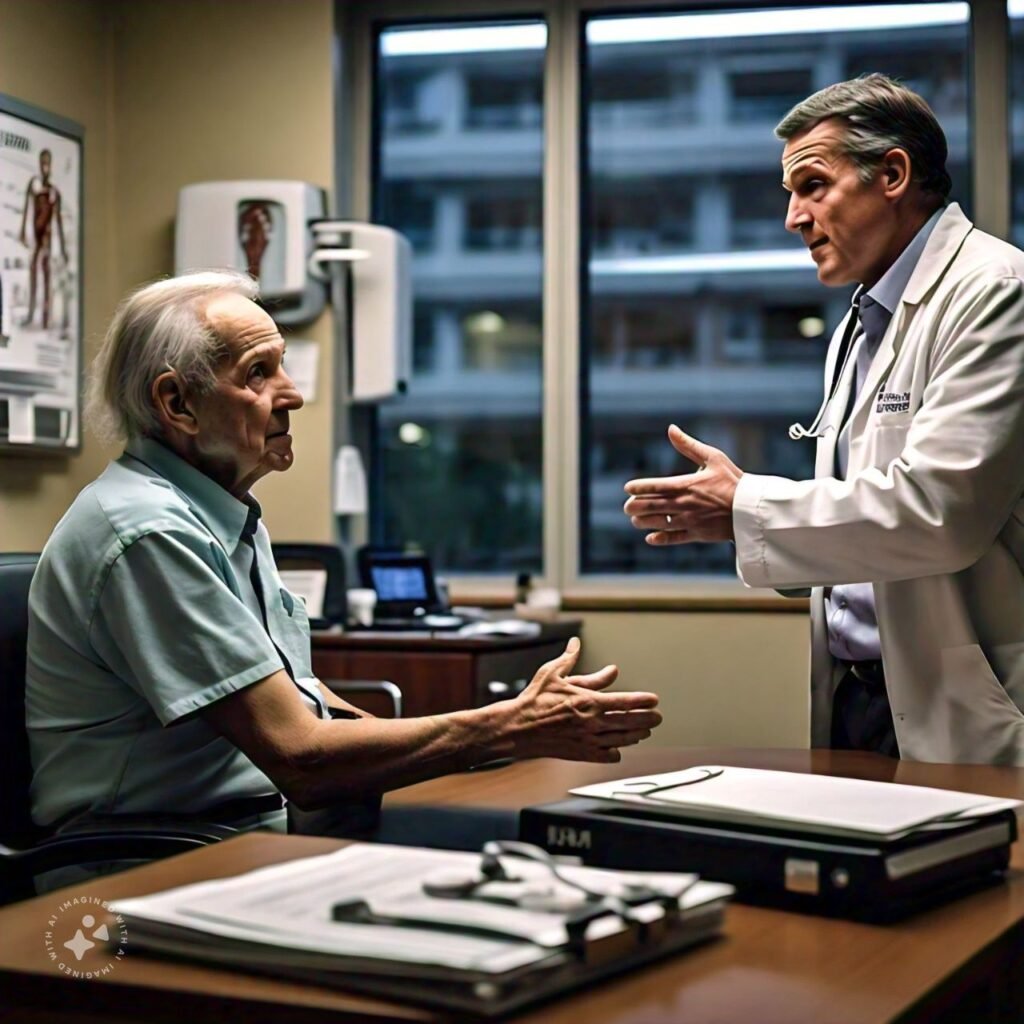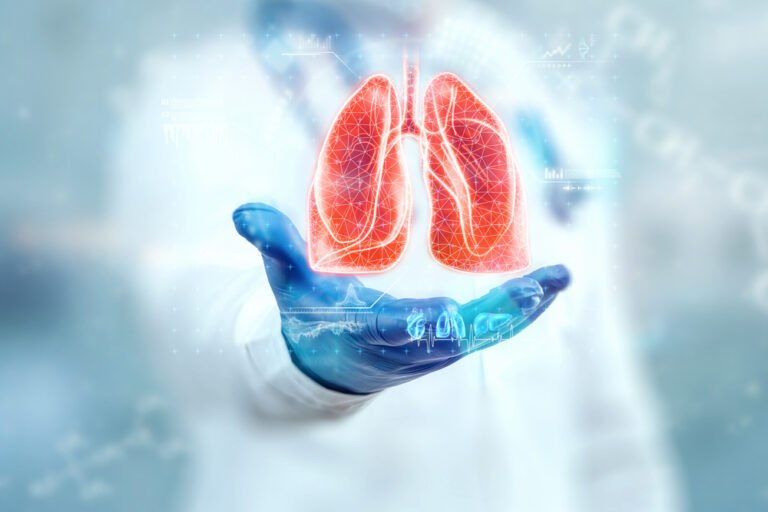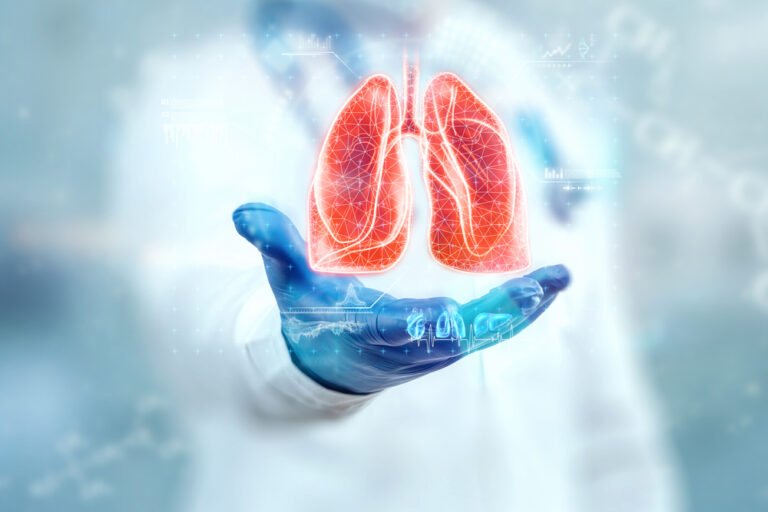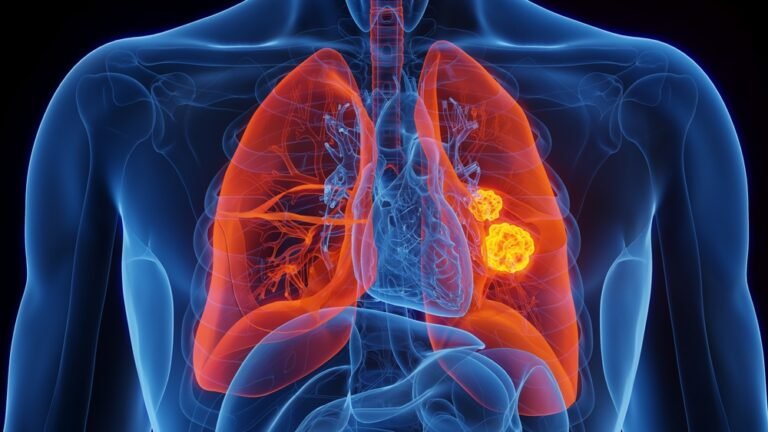The essential principles of treating cancer in older adults are the same as in younger patients.
The essential principles of the Treatment of lung cancer in elderly
The principles of treatment of lung cancer in elderly are the same as in younger patients. However, older patients, who may have age-related organ function decline and medical conditions, require special attention to the risks of chemotherapy. For that purpose, strict monitoring of liver and kidney functions is required.
Types of lung cancer treatments are:
Treatment of non small cell lung cancer (NSCLC) includes the following subtypes: adenocarcinoma, squamous cell carcinoma, large cell carcinoma, and bronchoalveolar carcinoma. Treatment of small cell lung cancer (SCLC) is distinct and categorized separately.
Treatment of Non-Small Cell Lung Cancer Group
Surgical Treatment
For patients with adequate pulmonary function and without serious medical comorbidity, the Treatment of lung cancer in elderly focuses on stages I and II NSCLC, which are amenable to surgery. For stage III with limited spread to lymph nodes (N1), surgery can be done along with chemotherapy sessions. For Stage III with extensive spread to lymph nodes (N2 and 3), and Stage IV (cancer with spread to other body organs), surgery cannot be performed. Instead, Treatment of non small cell lung cancer involves chemotherapy along with radiotherapy for these stages.
Surgical Treatment Options
- Lobectomy: This is the option when cancer is only confined to one lobe.
- Wedge Resection: When the tumor is in a peripheral location of the lung and the size is < 2cm, then this is a good choice of surgery. This is a lung-preserving type of surgery, making it a suitable option in the Treatment of lung cancer in elderly patients who may not tolerate extensive surgeries due to age or medical conditions.
- Segmentectomy: This involves removal of part of a lobe, a modality in between lobectomy and wedge resection. Tumors should be <2cm.
- Pneumonectomy: Removal of a whole lung (pneumonectomy) is less frequently performed. It is indicated if the tumor is centrally placed, involves the main airway or lung blood vessels (pulmonary artery), and for tumors involving >1 or 2 lobes.
- Sleeve Resection: When the tumor extends to large airways, then the tumor and the affected airway portion are removed, followed by joining the remaining clear ends of the airways.
Follow-Up After Surgery
Patients undergoing Treatment of lung cancer in elderly are usually followed up on a 6–12-month basis with CT scans for 5 years. They should be advised to seek earlier review if they experience persistent blood in sputum, new cough, weight loss, or new chest pain. After surgery, patients are also advised on breathing exercises and chest physiotherapy.
Radiotherapy
While surgery remains the Treatment of non small cell lung cancer for early-stage lung cancer even in elderly patients, many are unsuitable for such an approach due to comorbidities or patient/relatives’ refusal. In these cases, radiotherapy, especially stereotactic body radiation therapy (SBRT), is a good option.
Treatment of lung cancer in elderly patients with radiotherapy works by damaging the cancer cells’ ability to multiply. There are two types of radiotherapy for NSCLC:
- Radical Radiotherapy
- Palliative Radiotherapy
Radical Radiotherapy
Radical radiotherapy aims to cure the cancer. It includes the following techniques:
- SBRT or Stereotactic Ablative Radiation (SAR or SABR): SABRT allows the delivery of very high radiation doses to small early-stage lung cancers, commonly used in the Treatment of lung cancer in elderly patients surgically unfit or those who refuse surgery.
- Classical External Beam Radiation (EBRT): Used when SABR is not possible. Various regimens are used (e.g., 20 sessions over 4 weeks or 30–33 sessions over 6.5 weeks).
- Endobronchial Brachytherapy (EBBT): This involves placing a source of radiation within or near the tumor to provide high doses of radiation directly to the tumor.
- Proton Beam Therapy: An alternative to standard radiation, this is progressively being introduced in stage III NSCLC treatment but can be given in early stages as well.
Palliative Radiotherapy
Palliative radiotherapy may be used to relieve other symptoms caused by the spread of cancer to other body parts. The Treatment of lung cancer in elderly patients with palliative radiotherapy aims to provide maximum relief with minimal side effects in the quickest possible time.
Chemotherapy
Combination therapies involving different drug groups are usually given, as they have better response and survival rates compared to single-drug treatments. The Treatment of lung cancer in elderly includes:
- Platinum Drugs: cisplatin, carboplatin
- Anti-metabolite Drugs: pemetrexed
- Immunotherapy Drugs: Atezolizumab, Durvalumab, Nivolumab, Pembrolizumab
- Vascular Endothelial Growth Factor Inhibitors: Bevacizumab, Ranibizumab
Immunotherapy
Immunotherapy boosts the immune system against cancer cells. The Treatment of lung cancer in elderly with immunotherapy includes four FDA-approved drugs: Atezolizumab, Durvalumab, Nivolumab, and Pembrolizumab.
Treatment of Small Cell Lung Cancer
Treatment of small cell lung cancer is divided into two categories:
- Limited Disease: Disease confined to one side only.
- Extensive Disease: Disease with extensive spread.
Median survival without treatment is six weeks for patients with extensive disease and 12 weeks for those with limited disease.
Chemotherapy
SCLC is extremely sensitive to chemotherapy, with more than 80% of patients achieving substantial disease shrinkage. The Treatment of lung cancer in elderly often involves chemotherapy due to the quick response time.
Radiotherapy
While SCLC is sensitive to chemotherapy, Treatment of small cell lung cancer with radiotherapy may be given along with or after chemotherapy. Prophylactic cranial irradiation (PCI) is also recommended to prevent brain metastases.
The Treatment of lung cancer in elderly through careful monitoring and a combination of surgical, radiotherapy, and chemotherapy options is crucial for improving outcomes, especially given the additional challenges posed by age-related comorbidities.









